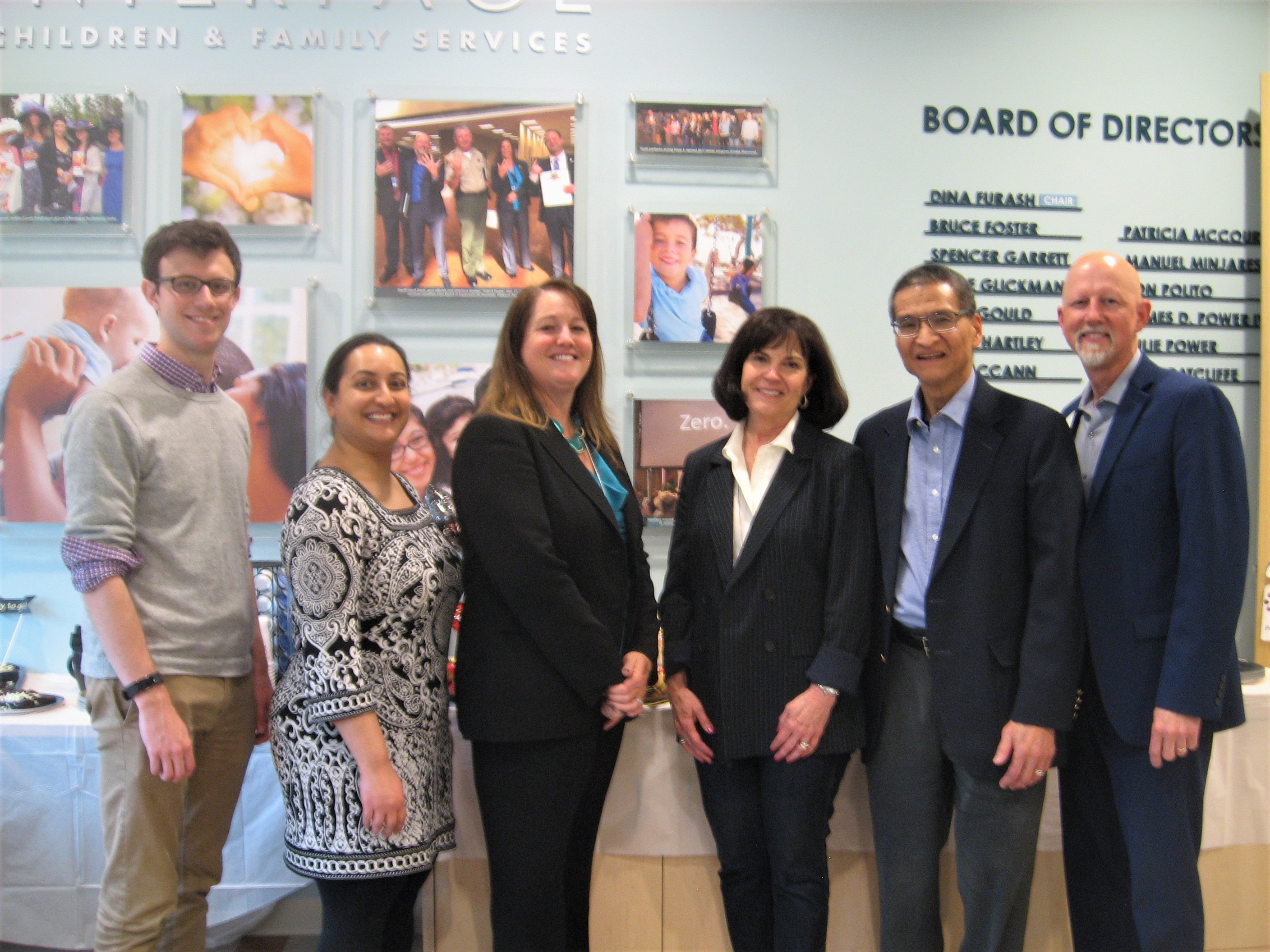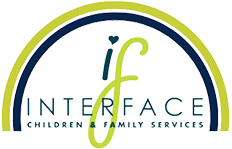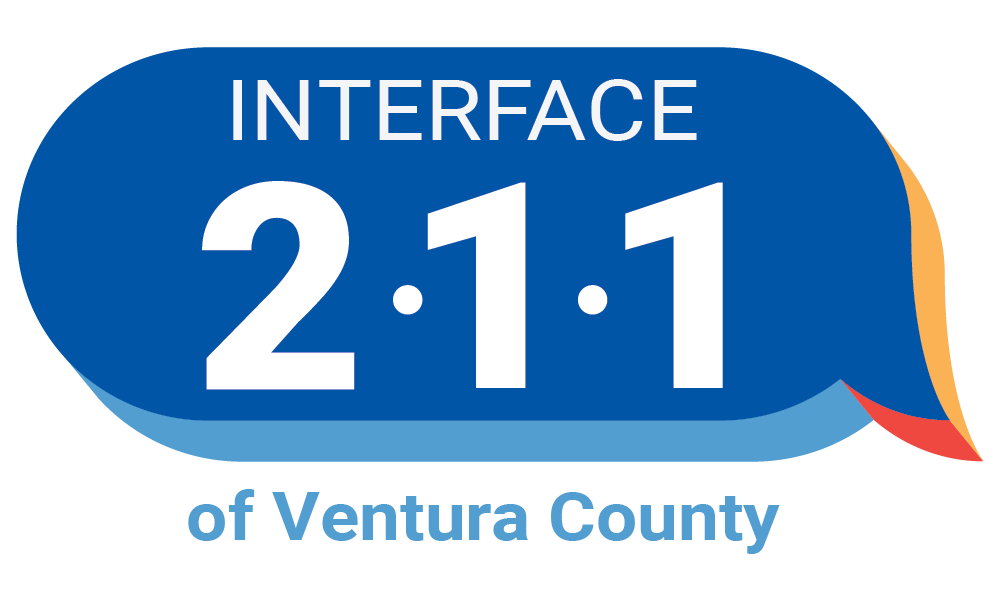 Veronica was the first to say that her life had not always been like this. She lived in a nice area of LA County, was married, and had a child. She had a stable job in finance. But when her marriage fell apart she started coping through drug use with friends. Partying turned into an addiction and Veronica gradually lost everything–her job, custody of her child, the relationship with her family.
Veronica was the first to say that her life had not always been like this. She lived in a nice area of LA County, was married, and had a child. She had a stable job in finance. But when her marriage fell apart she started coping through drug use with friends. Partying turned into an addiction and Veronica gradually lost everything–her job, custody of her child, the relationship with her family.
Eventually, after a run-in with the law, her license was suspended. Veronica wound up homeless in an unhealthy relationship with another addict. Despite six or seven attempts at rehab, she never stayed clean and sober for long. She received probation after assaulting a police officer, not the first charge on her record. At the time her Probation Officer referred her to Interface Re-entry Services (IRS), Veronica was homeless with her boyfriend at a park in Ventura, and she was pregnant. She was in her darkest night.
Our nation’s homeless population often rotate through a homelessness-jail cycle, in which a homeless person is arrested and booked for a charge, then released right back out onto the streets. Any required assistance is temporary and often ineffective. To tackle this problem, programs like Interface Re-entry Services are popping up across the country, notably in Denver. The ultimate goal is to reroute our most vulnerable out of jails and into programs that promote sustainable change, thereby reducing costs to cities and counties. Rather than pushing struggling people back into the dark night, we want to walk with them toward the dawn. Interface is only the 20th organization across the nation to use a pay-for-success (PFS) model in which concerned citizens invest in programs that improve social outcomes that save the state and local governments money. PFS utilizes evidence-based, comprehensive care that transforms lives, and Veronica’s story is just one such example.
Here’s how Interface walked with Veronica toward the dawn:
An interface’s Case Manager began to meet with Veronica at a coffee shop near the park where she was sleeping. He convinced her that it was important to change her way of thinking and to participate in programs that would help her and her baby. Veronica clearly needed help, so the entire IRS team activated. Staff took turns picking her up twice weekly to address criminal thinking and anti-social value systems in Moral Reconation Therapy, an approach highly regarded nationally in clinical care. The IRS therapist also started traveling to Ventura to meet with Veronica weekly at the coffee shop near the park. Her Case Manager plugged her into a substance abuse program for pregnant moms and made sure she got there every week. While giving her rides and spending time with her, the IRS staff also provided mentoring and support. Veronica started to see things differently. She made efforts to get back in touch with her parents, who she had not talked to in years, and reunited with them.
Veronica broke away from her boyfriend, who continued to use drugs. She was able to maintain her sobriety and focus on the upcoming birth of her baby. The substance abuse program staff helped to connect Veronica to a Sober Living home for pregnant and new moms. The IRS team helped her move all her belongings and purchased items she needed in order to move in. All the while, she continued to attend therapy at Interface and to work closely with the staff. Staff helped her develop a resume, start job searching, and get her driver’s license back. She gave birth to her baby boy in September. She secured a job in January at a telemarketing company, moved into a transitional housing residence and is paying rent. She was recently was able to purchase a car!
Veronica is now on the lowest level of probation supervision, and hoping to be graduated from Probation soon. After almost a year of hard work, she has completed all her IRS services. She still keeps in touch to let us know how she is doing or to get a word of encouragement here and there. She has reestablished family relationships with her parents, and they are assisting her in efforts to reestablish contact with her older child. She is on track and making plans for a healthy future with her family.
Veronica is just one example of the ways in which Interface supporters have quite literally “paid for success.” We invite you to join us in investing in programs that change lives and help our city budgets.
Donate here to bring light to the darkest night of people on our streets.
With respect and compassion,
Erik
Erik Sternad
Executive Director
Click here to donate or call (805) 485-6114.
This past month Interface’s Reentry Services celebrated its’ first 10 graduates. Carrie Vredenburgh, Probation Division Manager, Frank Chow, Ventura County Executive Office, Sam Kruse and Rashmi Khare,Social Finance, Inc., and Todd Howeth, Ventura County Public Defender joined the ICFS Executive Team in congratulating these individuals.




